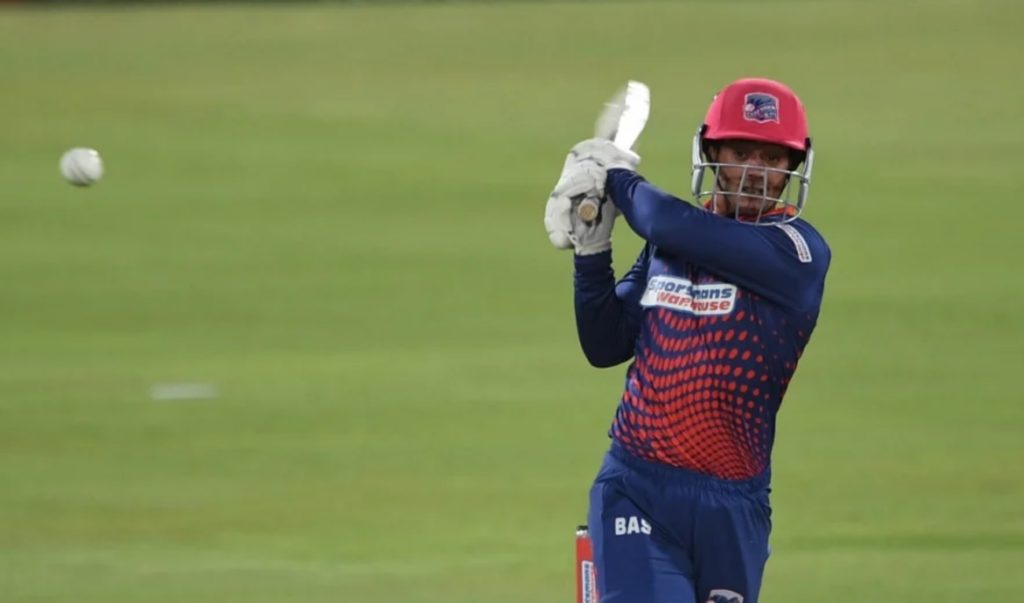Cricket South Africa’s decision to surrender what could be critical World Cup qualifying points in favour of protecting its financial interests is bold, brave and, critically, absolutely right, writes RYAN VREDE.
On Wednesday, Cricket Australia (CA) released a statement lamenting CSA’s decision to withdraw from a three-match ODI series in January 2023. CSA had initially asked to reschedule, which would allow the country’s premier players to be available for its new T20 franchise league.
Later that morning, CSA responded to CA’s statement by detailing the reasons behind the decision to withdraw. The governing body explained that it had started the process of rescheduling to mutually agreeable dates months ago. Four options were offered, none of which worked for CA.
At this point, CSA prioritised the T20 league. This would have been a hard decision, given that it seriously compromises South Africa’s chances of direct qualification for the 2023 ODI World Cup in India. The Proteas are currently in 11th spot with 49 points. Their record in the remaining series has to be almost flawless for them to qualify directly for the tournament.
Yet, the decision to withdraw from the ODI series speaks to an acute awareness of the commercial importance of a T20 league populated by the country’s elite talent. I suspect CSA’s executive leadership would have weighed the financial impact of hosting the tournament, which is scheduled for a time of year that has historically seen near-capacity South African crowds for white-ball cricket, as well as large domestic and international TV viewership numbers, both of which will be positively influenced by having Proteas available, and determined that sacrificing World Cup qualification points is a risk worth taking.
It is. And while I don’t believe that nationalism should be a guiding philosophy for our cricket, this case called for self-preservation. That it is interpreted as self-serving by CA is, frankly, its problem.
The finer details of the T20 league are yet to be revealed. We know it has a domestic TV broadcast deal in place with SuperSport, and it will feature six privately owned teams and a 33-match schedule.
The tournament will also seek to attract some of the format’s biggest foreign stars. This, combined with the presence of SA’s pre-eminent talent, significantly amplifies its appeal to live and broadcast audiences, as well as to potential commercial partners.
This financial success will be critical in the wake of two years of lockdown, which financially crippled SA cricket. There are many tournament details to be ironed out, among those the sale of international broadcasting rights, amendments to the memorandum of understanding with the South African Cricketers’ Association (Saca), and franchise budgets, but if CSA can stage the tournament it envisages, it will be the start of a desperate financial recovery.
CA can’t relate to this desperation. The cash reserves accumulated from scheduling engineered to enrich cricket’s ‘Big Three’ sustained Australian cricket through a lockdown period that brought the rest of the cricketing world to their knees.
CA’s view on CSA’s decision to protect its financial interest is irrelevant. Critically, CA set the precedent for disregard of others.
In the last two years, the Big Three (four if you include their lapdog New Zealand) have forced the start of incoming tours and competitions that should never have gone ahead but did because of their financial interest.
Pakistan travelled to England in 2020 at a time when Covid-19 infection rates in Britain were among the highest in the world. That three-match Test and T20I series saved the ECB millions in TV-rights deals.
Yet, a year later, both England and New Zealand (men’s and women’s teams) cancelled tours, citing “serious” security concerns in Pakistan. They refused to share anything beyond basic details thereof with either the Pakistan Cricket Board or the public.
In December 2020, England left South Africa abruptly after complaining about ineffective Covid-19 protocols and leaving CSA to eat millions in losses.
It emerged they reported two “unconfirmed positive” cases in their touring party, which were later confirmed as false positives after independent ratification. By then they were already back in England, with star players freed to compete in the IPL, a tournament that was later postponed after India was gripped by a devastating coronavirus wave.
Before a tour in March 2021, Australia followed England’s lead by abandoning a tour to South Africa, citing deep concerns around the country’s coronavirus numbers. Those Australian players then competed in the IPL in a country that was reporting over 350,000 new cases per day. Only four Australian players opted to leave the tournament.
In this context, CSA shouldn’t feel anything but justified in looking after their financial interests. They’ve grown a pair and in the process humbled one of cricket’s most despicable bullies.







